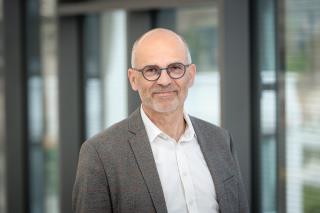As the pursuit for better waste management practices in developing countries continues by overcoming barriers and changing mindsets, Geocycle Indonesia is playing its part in closing the country’s waste recovery gap. The company’s new 160,000tpa GreenZone waste-to-fuel processing facility near Jakarta will be the largest unit of its kind in southeast Asia and add much-needed capacity to Indonesia’s industrial waste management infrastructure. By Dr Vincent Aloysius, Geocycle Indonesia.
In Indonesia, like in most developing economies, there remains a significant ‘waste gap’ – ie, the deficit between the industrial waste generated by businesses and the portion that is managed. A lack of up-to-date, accurate waste statistics means that the precise scale of this gap remains unknown and is a serious cause for concern.
Some 12Mt of hazardous waste was generated in Indonesia in 2009.1 Of this total, only a small fraction, 1Mt, was estimated to be managed. This waste gap would be even wider if non-hazardous industrial waste is added to the equation.
Informal waste management, including recycling and recovery – often using unsafe and environmentally-unsound methods, remains widespread. Such a large amount of waste that is not managed safely, responsibly or professionally presents a significant pollution risk. It also highlights the lost opportunities from not practicing resource recovery from waste on a much larger scale.
